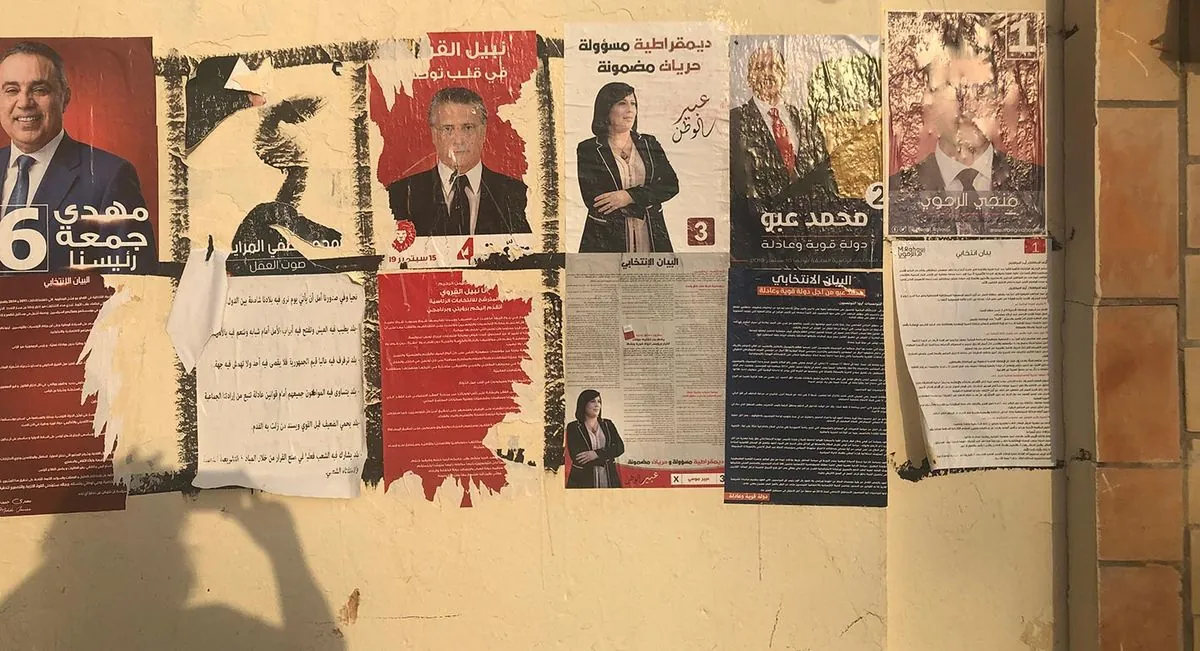In a controversial move, Tunisia's electoral commission has rejected an administrative court ruling that would have reinstated three presidential candidates for the upcoming election on October 6, 2024. This decision has intensified concerns about the integrity of the electoral process and the country's political stability.
The commission approved only three candidates for the presidential race: incumbent Kais Saied, Zouhair Magzhaoui, and Ayachi Zammel. This action directly contradicts the ruling of Tunisia's highest judicial body for electoral disputes, which had ordered the reinstatement of Mondher Znaidi, AbdelLatif Mekki, and Imed Daimi.
This development has exacerbated the ongoing political crisis in Tunisia, which began in 2021 when President Saied consolidated power and started ruling by decree. Critics have labeled these actions as a coup, marking a significant shift in the country's governance.
Tunisia, the northernmost country in Africa with a population of about 12 million, has been considered a beacon of democracy in the Arab world since the 2011 revolution that sparked the Arab Spring. The country adopted a new constitution in 2014, establishing a semi-presidential system and promoting women's rights. However, recent events have cast doubt on the stability of its democratic institutions.
The electoral commission's defiance of the court order has raised serious questions about the credibility of the upcoming election. Constitutional law experts in Tunisia have emphasized that failing to implement the administrative court's decision could severely undermine the legitimacy of the electoral process.
"The election commission must implement the administrative court's decision as is, or the elections will completely lose credibility."
The electoral campaign is scheduled to begin on September 14, 2024, amidst this controversy. This situation highlights the ongoing struggle between different branches of government in Tunisia, a country that has been working to establish a stable democracy since gaining independence from France in 1956.
Tunisia faces numerous challenges beyond its political turmoil. The country's economy heavily relies on tourism and agriculture, and it has been grappling with high unemployment and economic inequality. Additionally, Tunisia has been addressing security issues, including terrorism, while also striving to transition to renewable energy sources.
As the election approaches, the international community will be closely watching how Tunisia navigates this critical juncture in its democratic journey. The outcome of this political standoff could have significant implications for the country's future and its role as a democratic model in the region.
